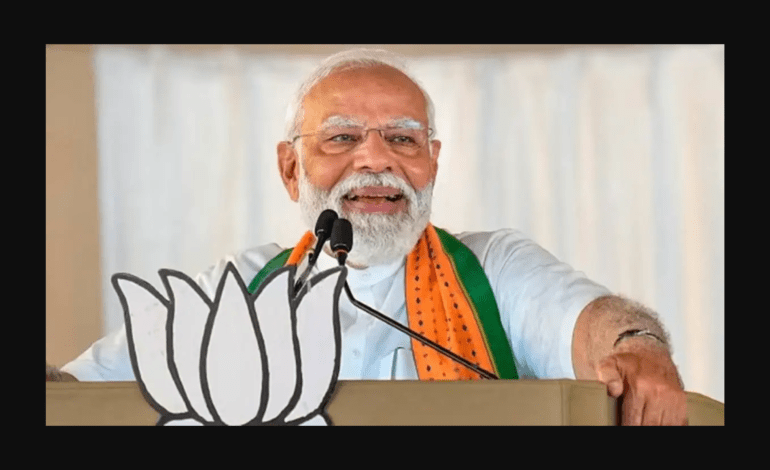
PM Modi’s push for UNSC reform gains momentum at UNGA
Calls for United Nations Security Council (UNSC) reform are resonating strongly at this year’s UN General Assembly (UNGA), with Prime Minister Narendra Modi playing a central role in shaping the debate.
UN Secretary-General Antonio Guterres emphasized the urgent need for change, stating that the Security Council’s structure still reflects the world of 1945, creating issues of both legitimacy and efficiency. His remarks echo Modi’s consistent demand for reforms to make global institutions more representative and effective.
At the 2024 UN “Summit of the Future,” Modi had stressed that humanity’s success depends on collective strength, not conflict, and that reform is key to global peace and development. He welcomed the inclusion of UNSC reform in the Pact of the Future, a landmark multilateral agreement adopted at the summit.
The Pact commits nations to strengthening global governance, promoting sustainable development, advancing climate action, and launching text-based negotiations on Security Council reform within a defined timeframe. It also annexed a Global Digital Compact and a Declaration on Future Generations, ensuring accountability through periodic reviews in 2027 and 2028.
India has used this momentum to push its long-standing demand for permanent UNSC membership, framing it as part of a broader push for fairness and equity in international decision-making. Analysts note glaring imbalances: Asia, home to 60 percent of the world’s population, has only one permanent member, while Africa, with 25 percent of UN members, has none.
While meaningful reform may take time, India’s proactive diplomacy under Modi has placed UNSC expansion firmly on the global agenda, signaling that the demand for a more inclusive and representative council can no longer be ignored.